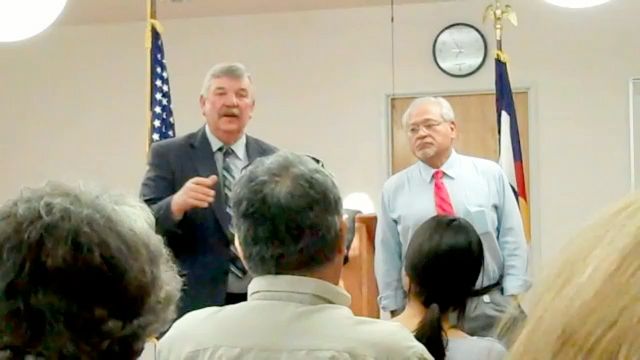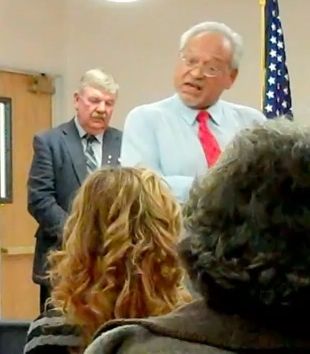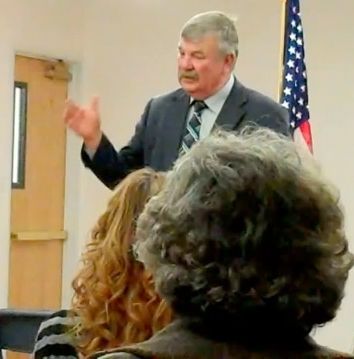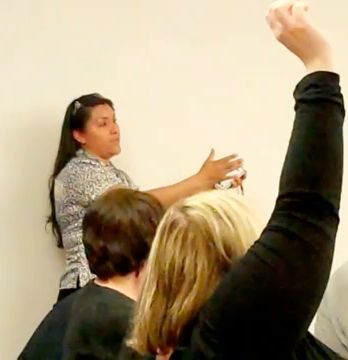
U.S. Senate
See Full Big Line
(D) J. Hickenlooper*
(R) Janak Joshi
80%
20%

Governor
See Full Big Line
(D) Michael Bennet
(D) Phil Weiser
55%
50%↑

Att. General
See Full Big Line
(D) Jena Griswold
(D) M. Dougherty
(D) Hetal Doshi
50%
40%↓
30%

Sec. of State
See Full Big Line
(D) J. Danielson
(D) A. Gonzalez
50%↑
20%↓

State Treasurer
See Full Big Line
(D) Jeff Bridges
(D) Brianna Titone
(R) Kevin Grantham
50%↑
40%↓
30%

CO-01 (Denver)
See Full Big Line
(D) Diana DeGette*
(D) Wanda James
(D) Milat Kiros
80%
20%
10%↓

CO-02 (Boulder-ish)
See Full Big Line
(D) Joe Neguse*
(R) Somebody
90%
2%

CO-03 (West & Southern CO)
See Full Big Line
(R) Jeff Hurd*
(D) Alex Kelloff
(R) H. Scheppelman
60%↓
40%↓
30%↑

CO-04 (Northeast-ish Colorado)
See Full Big Line
(R) Lauren Boebert*
(D) E. Laubacher
(D) Trisha Calvarese
90%
30%↑
20%

CO-05 (Colorado Springs)
See Full Big Line
(R) Jeff Crank*
(D) Jessica Killin
60%↓
40%↑

CO-06 (Aurora)
See Full Big Line
(D) Jason Crow*
(R) Somebody
90%
2%

CO-07 (Jefferson County)
See Full Big Line
(D) B. Pettersen*
(R) Somebody
90%
2%

CO-08 (Northern Colo.)
See Full Big Line
(R) Gabe Evans*
(D) Shannon Bird
(D) Manny Rutinel
45%↓
30%
30%

State Senate Majority
See Full Big Line
DEMOCRATS
REPUBLICANS
80%
20%

State House Majority
See Full Big Line
DEMOCRATS
REPUBLICANS
95%
5%
 March 23, 2014 11:04 AM UTC
March 23, 2014 11:04 AM UTC


 Senator Crowder, the more experienced politician, took softer stances, or tried to avoid taking stances altogether. He did not agree with privatizing PERA. He also does not support the lawsuit challenging the constitutionality of TABOR, does not support raising the minimum wage to $10.10, and seems to be somewhat ignorant of what would be required to dismantle TABOR.
Senator Crowder, the more experienced politician, took softer stances, or tried to avoid taking stances altogether. He did not agree with privatizing PERA. He also does not support the lawsuit challenging the constitutionality of TABOR, does not support raising the minimum wage to $10.10, and seems to be somewhat ignorant of what would be required to dismantle TABOR.
 When directly challenged by Yesenia Beascochea (left) of the Colorado Immigrant Rights Coalition: "How are people supposed to buy groceries on $7 an hour?" Crowder waffled until he was rescued by George Rivera's daughter, (left center) who ranted for three minutes, questioning why anyone should support poor folks on Medicaid.
When directly challenged by Yesenia Beascochea (left) of the Colorado Immigrant Rights Coalition: "How are people supposed to buy groceries on $7 an hour?" Crowder waffled until he was rescued by George Rivera's daughter, (left center) who ranted for three minutes, questioning why anyone should support poor folks on Medicaid.
 Barb Clementi (left): You recognize that it would take six or eight initiatives to actually do that?
Barb Clementi (left): You recognize that it would take six or eight initiatives to actually do that?
 Ron Greenwell, (left), chair of the Pueblo Democratic party, questioned Senator Rivera about how he felt about unions in general.
Ron Greenwell, (left), chair of the Pueblo Democratic party, questioned Senator Rivera about how he felt about unions in general.
 era Hatton-Sena countered with a pointed question: So, the “government shouldn’t interfere” with my body?"
era Hatton-Sena countered with a pointed question: So, the “government shouldn’t interfere” with my body?"
Comments